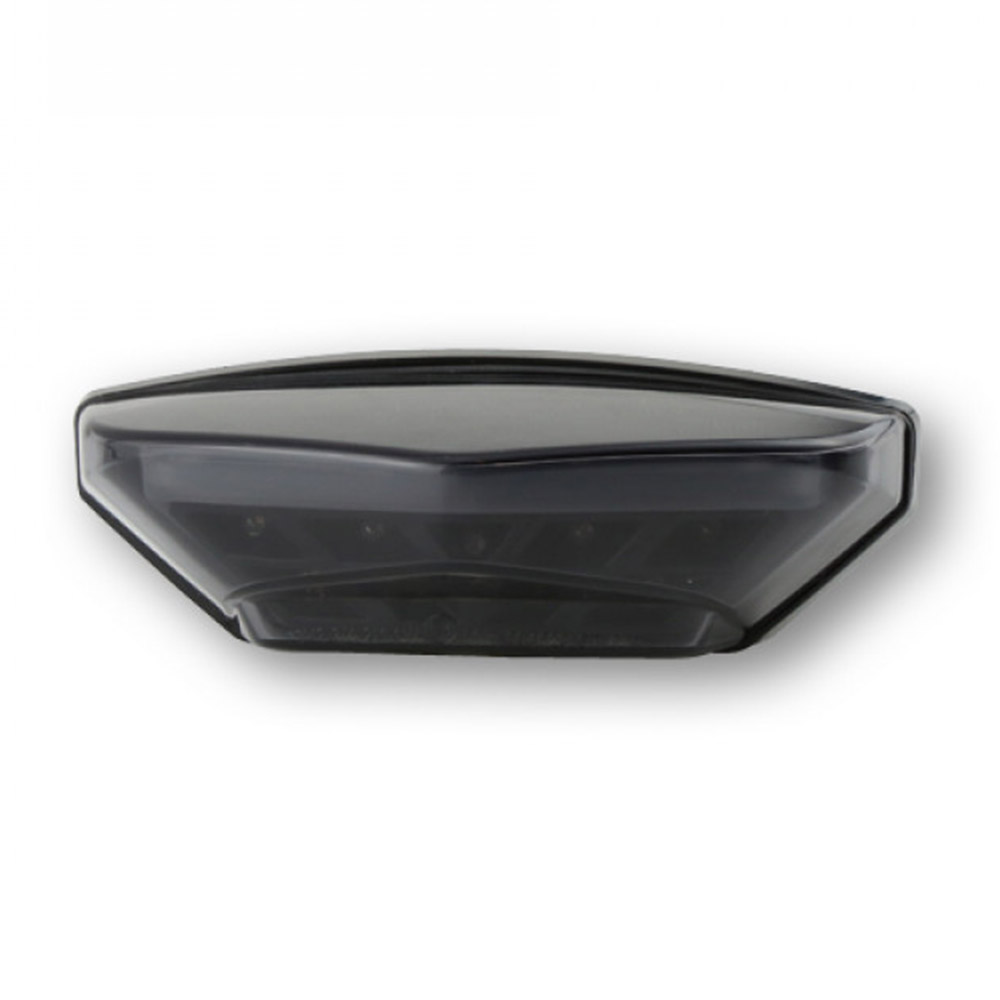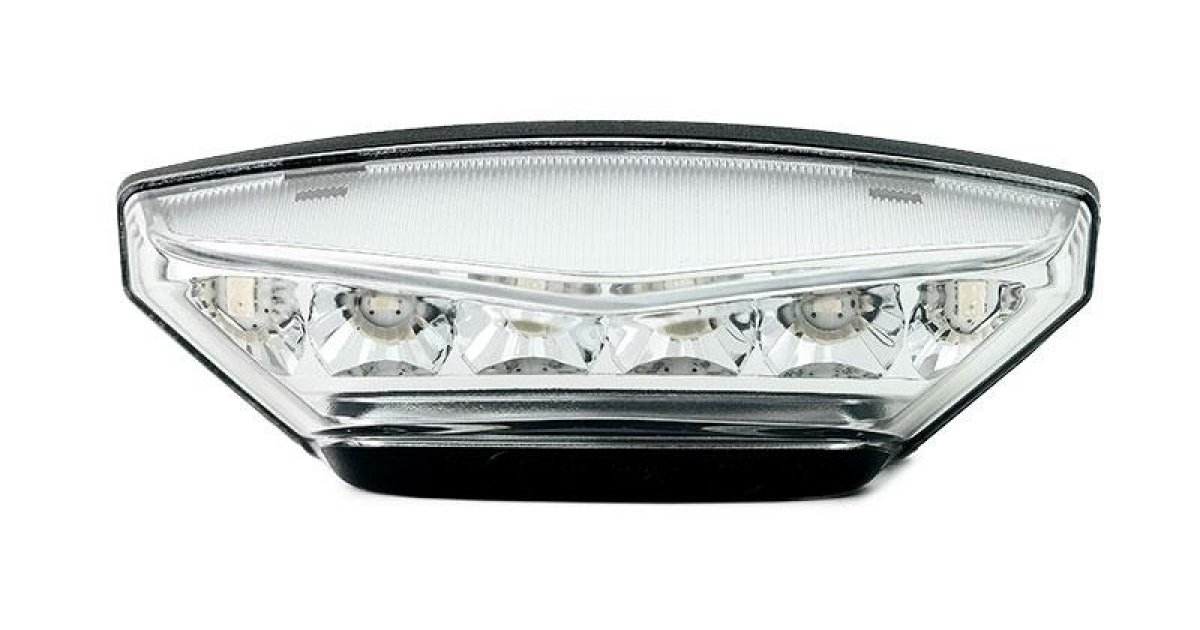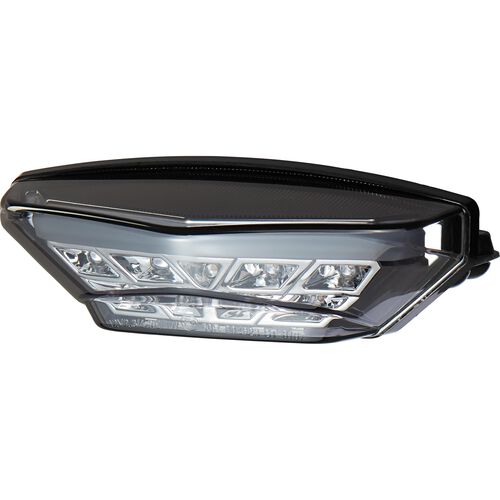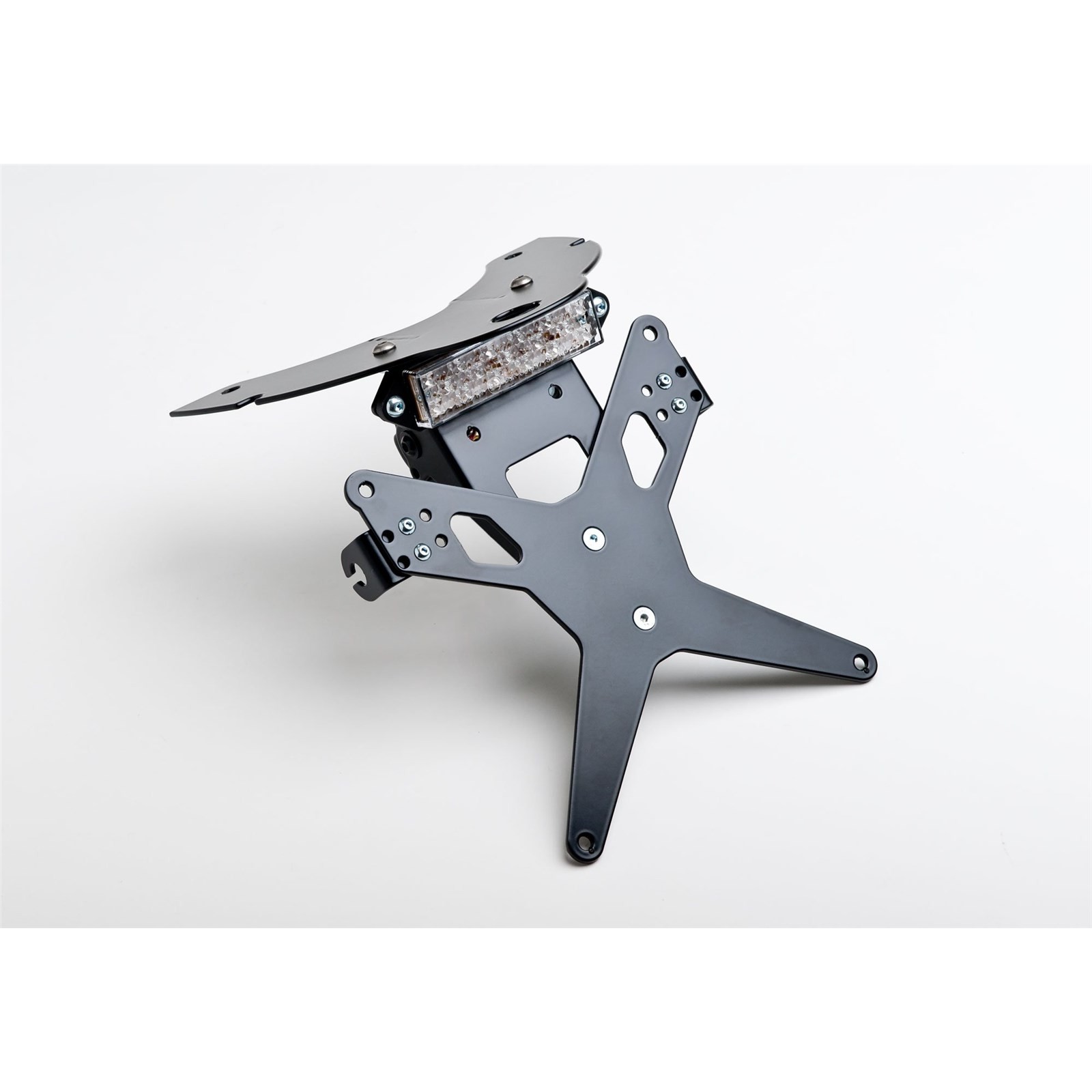
Hashiru LED Rücklicht plug&play getönt für BMW R nineT/F 900/G310... kaufen – POLO Motorrad Österreich

NEU Blinker Bremse Rücklicht Kennzeichenhalter mit LED-Lampe für BMW RNINET R NINE T R NINET Urban GS Scrambler Pure günstig kaufen — Preis, kostenloser Versand, echte Bewertungen mit Fotos — Joom

BMW ninet LED Scheinwerfer Urban Scrambler Racer Pure / J.W. Speaker Evolution 8700 Headlight | triumphbikes.de | BMW • Ducati • KTM • Triumph • Buell • Yamaha • Honda • Malaguti

H. A. LED Rücklicht dunkel getönt für BMW R nineT in Nordrhein-Westfalen - Hilden | Motorradersatz- & Reperaturteile | eBay Kleinanzeigen

BMW R Ninet Rücklicht Bremslicht Gehäuse STL Datei in Frankfurt am Main - Griesheim | Motorradteile & Zubehör | eBay Kleinanzeigen ist jetzt Kleinanzeigen


















